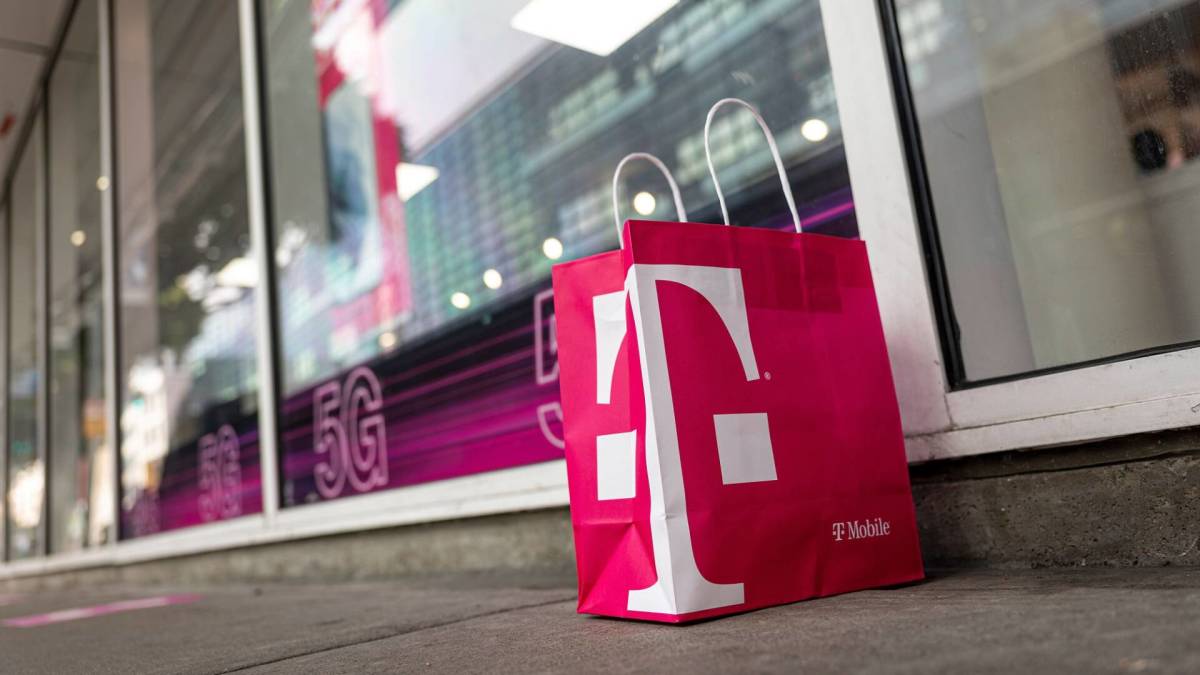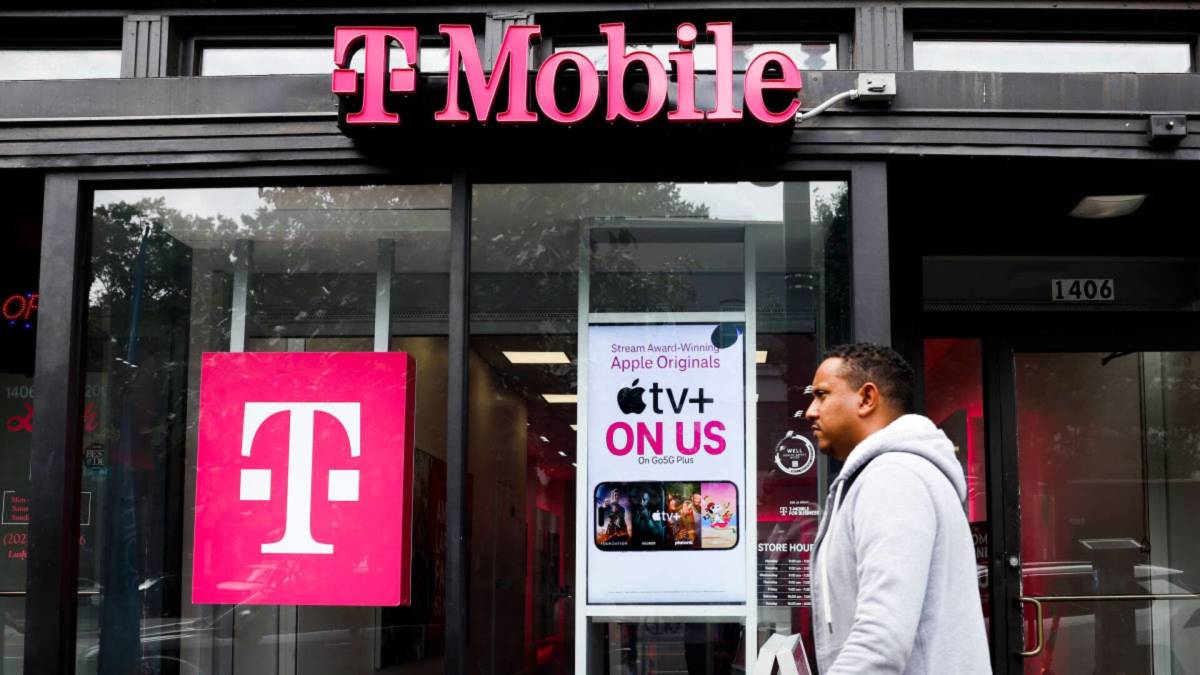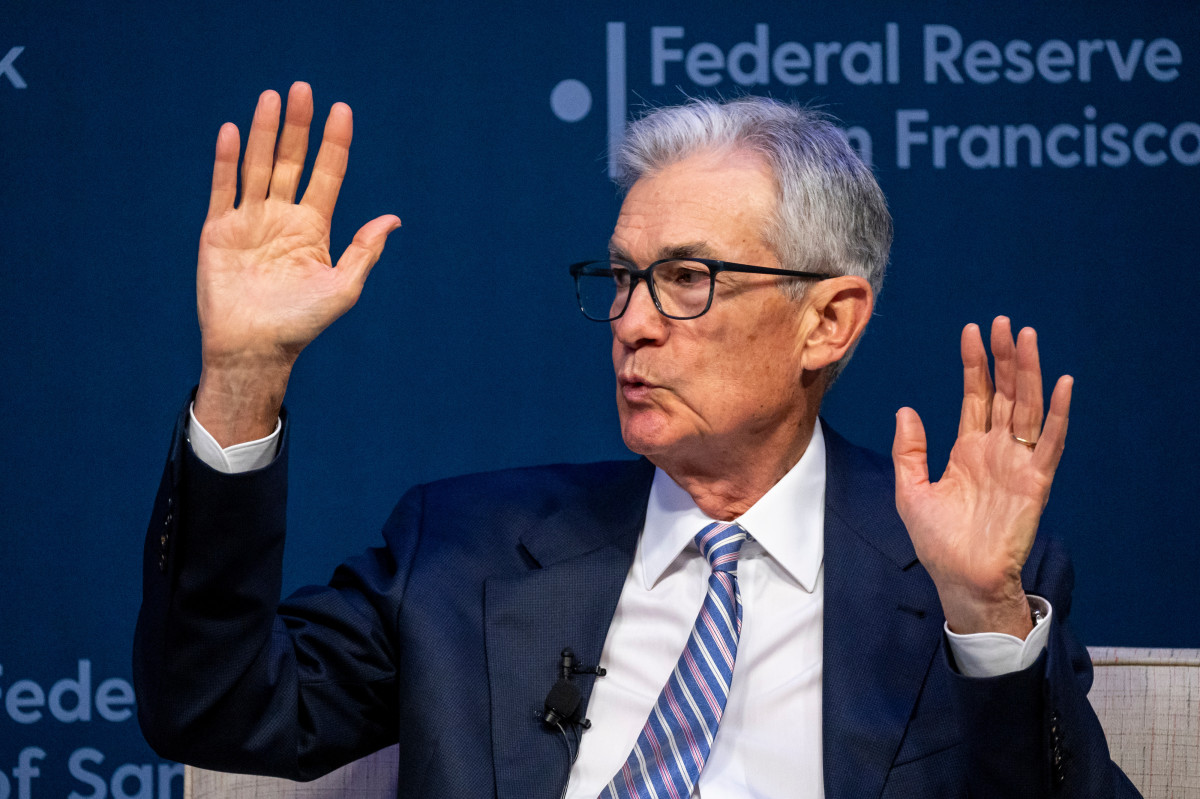T-Mobile suffers massive boycott from customers
T-Mobile has another big problem that threatens to exacerbate recent struggles with customer retention.

In recent months, T-Mobile (TMUS) has battled a fleeing customer problem after implementing a series of price increases that have impacted loyal customers.
In June last year, it raised the prices of its older phone plans (One, Magenta, Simple Choice, and Go5G 55) by $2 or $5 per line. Then, in April, it issued another price increase for a few of its older phone plans, hiking monthly prices by $5.
Weeks later, T-Mobile decided to increase its Regulatory Programs & Telco Recovery Fee from $3.49 to $3.99 for voice lines and $1.40 to $1.60 for data-only lines, further aggravating customers.
In its second-quarter earnings report for 2025, T-Mobile revealed that its postpaid phone churn (the number of customers who cut their phone service) increased by 10 basis points year-over-year.
During an earnings call on July 23, T-Mobile CEO Mike Sievert said the company is navigating a “highly competitive environment” where competitors are unveiling “unprecedented device promotions.” Image source: Anna Moneymaker/Getty Images
T-Mobile's efforts to retain customers hits a snag
T-Mobile has since ramped up its promotions and deals to win back customers; however, another major problem could hinder its efforts.
The phone carrier is facing a major boycott from consumers due to its association with President Doland Trump and Tesla CEO Elon Musk.
The boycott kicked off on Sept. 10, headed by the 2025 Stop the Money Pipeline campaign, supported by leaders from Tesla Takedown, Communication Workers of America, Consumer Watchdog, and others.
The campaign encourages a boycott of T-Mobile for several major reasons. First, it claims on its website that T-Mobile ended diversity, equity, and inclusion to “fast track approval of two major acquisitions.”
Also, it flags that T-Mobile lobbied for Trump’s budget bill that “will strip 13 million Americans of healthcare to pay for tax cuts for the millionaire and billionaire class.”
The campaign also states that T-Mobile “engaged in vicious union busting,” stopping workers from unionizing. It also took issue with T-Mobile’s decision to service Trump Mobile on its network and partner with Musk's satellite internet service Starlink.
Related: T-Mobile launches a cheap new service amid customer struggles
“As Trump sends the military into our cities and disappears people off the streets, T-Mobile’s capitulation is unacceptable,” said the protestors on their website. “Corporate America must stand up against authoritarianism and far right extremists like Elon Musk and the Trump regime.”
The boycott encourages consumers to cancel their T-Mobile contracts on Nov. 15. The leaders aim to get 10,000 people to support this cause.
T-Mobile is the latest target of a growing consumer trend
T-Mobile isn’t the only company suffering from a consumer boycott. As more consumers across the country boycott companies amid heightened political tensions, retail giants such as Target, Walmart, Amazon and Home Depot have recently been impacted by this trend due to their business practices, threatening sales.
A recent LendingTree survey found that 31% of Americans have boycotted a business for reasons such as the company's condoning of discrimination, its political donations, affiliations, or religious messaging or practices.
More Telecom News:
- DirecTV customers threaten to leave after latest warning
- T-Mobile announces generous offer for conflicted customers
- Amazon pulls the plug on a free service for customers
Also, 45% of Americans said that before a purchase from a business, they sometimes research the company’s values or beliefs.
“Any company that attempts to downplay the importance of politics in their customers’ shopping choices does so at its own peril,” said LendingTree Chief Consumer Finance Analyst Matt Schulz in the survey. “Your potential customers are listening closely to what your business says, whether you like it or not.”
Schulz also highlighted that companies should be willing to take public stances on issues, despite the risk of upsetting customers.
“Some issues are too important to remain quiet about,” he said. “However, a company would be doing itself a disservice if it didn’t at least look into the possible impact of such a stance on its overall bottom line. A bold stance will likely make many potential customers like a business less, but it’ll also likely make others like them more.”
Related: DirecTV customers threaten to leave after latest warning
What's Your Reaction?




















































